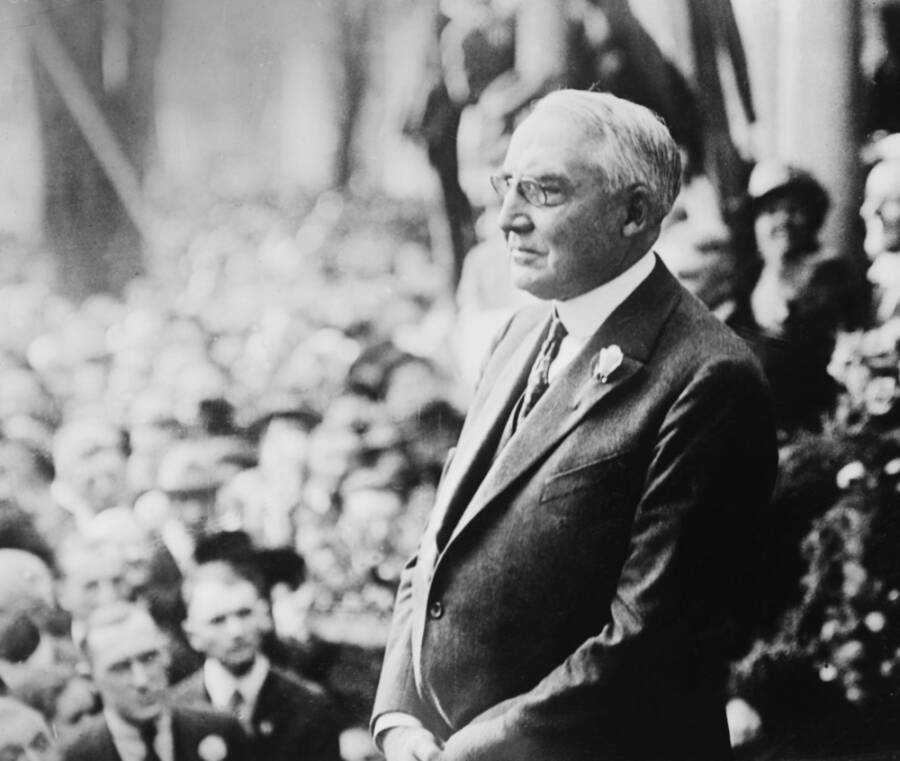
Winston Churchill’s “We Shall Fight on the Beaches” (1940): Defiance in a World at War
By June 1940, the world stood on a knife’s edge. Nazi Germany had blitzed its way across Western Europe, its military might seemingly unstoppable. France was on the verge of collapse, the Netherlands and Belgium had been overrun, and the British Expeditionary Force had been miraculously evacuated from the beaches of Dunkirk, but forced to leave its heavy equipment behind. Across the globe, the situation was equally dire. The Soviet Union was bound to Germany by a non-aggression pact, Japan was expanding its empire in East Asia, and the United States remained committed to isolationism, watching the unfolding catastrophe from afar. Britain and its Commonwealth stood virtually alone against the Axis powers.
It was in this moment of extreme peril that the newly appointed Prime Minister, Winston Churchill, addressed the House of Commons. His speech on June 4, 1940, was not a soaring public oration but a sober report to Parliament on the military disaster of Dunkirk. Yet, it transformed a retreat into a symbol of resilience. After detailing the “colossal military disaster,” he pivoted to a passage of defiant rhetoric that has become legendary. He declared that Britain would “go on to the end,” vowing to fight in France, on the seas, in the air, on the beaches, on the landing grounds, in the fields, in the streets, and in the hills. He concluded with the thunderous promise: “we shall never surrender.”
This is one of Winston Churchill’s most famous speeches precisely because of its global impact. Internally, it galvanized the British people and government, dispelling any thought of a negotiated peace with Hitler. Externally, its message was heard around the world. For occupied nations in Europe, it was a beacon of hope. For Nazi leadership, it was a clear statement that this would not be an easy victory. Most importantly, it was aimed at the United States. Churchill’s unwavering defiance was a crucial factor in persuading President Franklin D. Roosevelt and the American public that Britain was a worthy and determined ally, deserving of support. This speech helped lay the political groundwork for the Lend-Lease Act and the eventual entry of the US into the war, a development that turned the tide of one of history’s most devastating global conflicts. It stands as a timeless testament to the power of words to forge resolve in the face of overwhelming odds.





